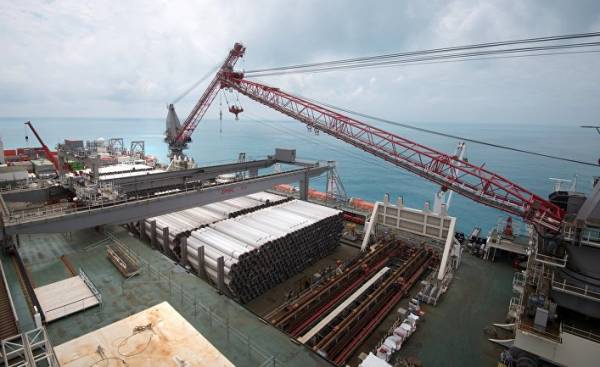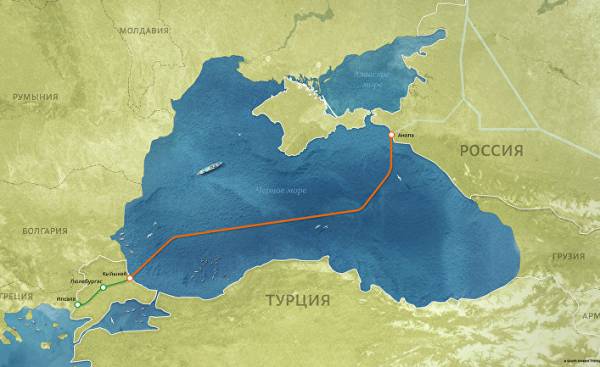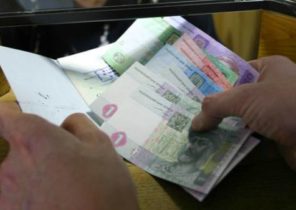
In recent years the Eastern Mediterranean basin through open fields of natural gas discovered its resource potential and has begun to attract the attention of the leading energy companies in the world and countries with high energy demand. Therefore, we can say that in the coming period of energy, explored in the Eastern Mediterranean, foretell the child’s time in this region.
But in countries that are located in the Eastern-Mediterranean basin, from time to time there are internal conflicts, political disputes, problems. Moreover, some of these problems had ceased to be regional in nature and have become an international problem. Among them the most striking Palestinian question, Cyprus issue and instability of Egypt in the region. While nowadays, these regional problems have not been solved, with the discovery of the resource potential of the region, existing disputes are increasing more and more.
It is obvious the fact that the energy issue determines the diplomatic relations of States. Therefore, in the first place because of the Cyprus issue, security issues, as well as erroneous and problematic policies of Israel, the situation in the region is further complicated by…
From this point of view, for countries with reserves in the region, energy has the capacity to solve problems through cooperation and trading activities.
Alternatives to natural gas in the Eastern Mediterranean
The most important issue on the agenda from the point of view of solving the problems persisting in the region, is how will the transmission of energy. When you look at projects released in the region to the fore, first, out project East Med (East Mediterranean pipeline), which was initiated by Israel, Greece and Greek authorities in South Cyprus to bypass the territory of Turkey.
However, given the route of this project, obviously it is not sustainable. Moreover, this project is actually on the agenda by the EU. But the problem of funding and a limited number of reserves in the region — the most important obstacles that stand in the way of implementing this route.
This is due to the fact that the volume of investment and costs required for the planned project increase the price of gas in the Eastern Mediterranean. Therefore the EU who want both competition and the ability to buy cheaper gas, use alternative routes.
In addition to East Med, there are three routes to transport gas in the Eastern Mediterranean to foreign markets. The first of them is the route Israel — Turkey that will arise with the pipeline constructed between Israel and Turkey; the second route, which envisages gas transportation from Israel to Egypt; third — South route Cyprus — Egypt, which will arise as a result of an agreement between the two countries.
Considering four alternative route, taking into consideration the geographical position, it becomes clear that the route between Israel and Turkey is more profitable and feasible.
Turkey is a key player
The fact that Turkey is the most suitable route to ensure the export of energy resources discovered in the Eastern Mediterranean, is now accepted by all the players in the region. In addition, Turkey, which began the exploration of oil and natural gas in the region and wants to provide the localization resources and security of supply is among the most important players in the regional equation.
 © South Stream Transport B. V. Marine pipeline “Turkish stream”
© South Stream Transport B. V. Marine pipeline “Turkish stream”
Turkey ensuring its own security of supply by transferring natural gas through TANAP (TRANS-Anatolian gas pipeline project), “the Turkish stream” and other planned major energy projects, at the same time is a reliable route to transport this gas to Europe.
The addition of Eastern Mediterranean gas to existing pipelines implies that Turkey is out of the corridor of transporting gas can turn into a center of trade in natural gas. This line will add South gas to the flow of natural gas from the East and North, and Turkey will become a center of trade in natural gas.
Thus, from the point of view of creating alternatives to using gas in the Eastern Mediterranean, and by enhancing the role in the transfer of this gas to Europe, Turkey will increasingly strengthen its position in the development of a regional hub in the energy sector.







